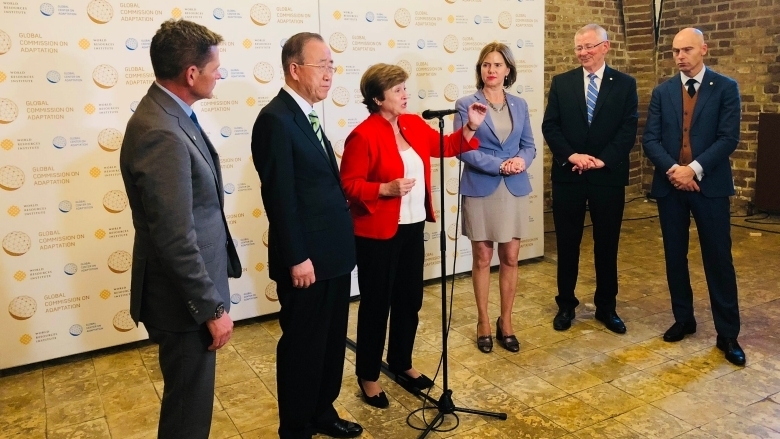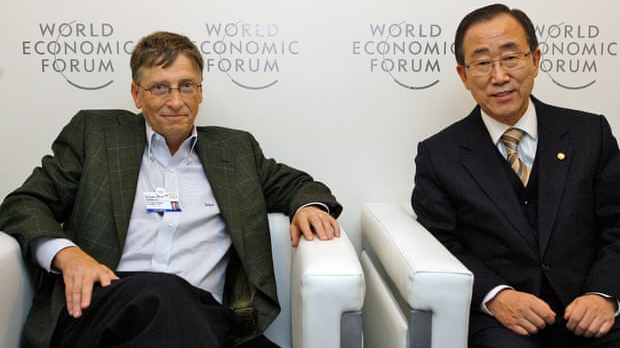Next Steps
There are four major roadblocks slowing adaptation that the Commission will work to address:
- Decision makers and the wider public are not yet aware of all the opportunities to be gained from becoming more resilient and less vulnerable to climate impacts and natural hazards;
- Governments and businesses fail to incorporate climate change risks into their social and economic development plans and investments;
- Adaptation efforts fall short of those who need them most, the world’s poorest and most vulnerable people; and
- Although adaptation is a global challenge, global leadership on the issue is scarce. In short, the world is falling short of the transformation required to adapt to a changing climate.
In its first year, the Commission will oversee preparation of a flagship report and present its findings and recommendations at the 2019 UNSG Climate Summit. The report will be informed by input from the world’s leading scientific, economic and policy analysis institutes; and will set out why adapting to climate risks and accelerated action is essential, what new actions are needed and what must be done differently; and how governments, companies and citizens can start working today to make the world a safer, better place.
Bulgaria Strategy
Following strong EU commitment to act upon climate change, the Bulgarian government started developing its National Climate Change Adaptation Strategy and Action Plan (NASAP) counting on the World Bank’s knowledge and expertise.
In 2016, Bulgaria signed a contract with the World Bank for the provision of analytical and advisory services in support of the NASAP. The World Bank’s team of experts prepared an assessment of climate change related risks in nine economic sectors: agriculture, biodiversity & ecosystems, energy, forestry, human health, tourism, transport, urban development, and water. Areas that were also studied include disaster risk management, and macroeconomic consequences of climate change.
Climate threats for Bulgaria are imminent with an expected average temperature rise of up to 4oC by 2100. Also, precipitation patterns will change.
Climate change consequences are multiple, including reduced water reserves, health effects, disturbance of agricultural production, stress on biodiversity and forests, damage to infrastructure and private property, change of tourism patterns, and many others.
Macroeconomic calculations show that climate change will, if no action is taken, in monetary terms, negatively affect the country, potentially wiping out Bulgaria’s entire economic growth by 2050. Macroeconomic effects can be considerably mitigated, if adaptation action is taken. Sector specific cost-benefit analyses show that investing in adaptation measures pays off. Calculations generally show high cost-effectiveness of investments, varying per sector and per adaptation measure. Each invested euro is expected to be earned back, from several times to peaks of more than 700 times the invested amount.


